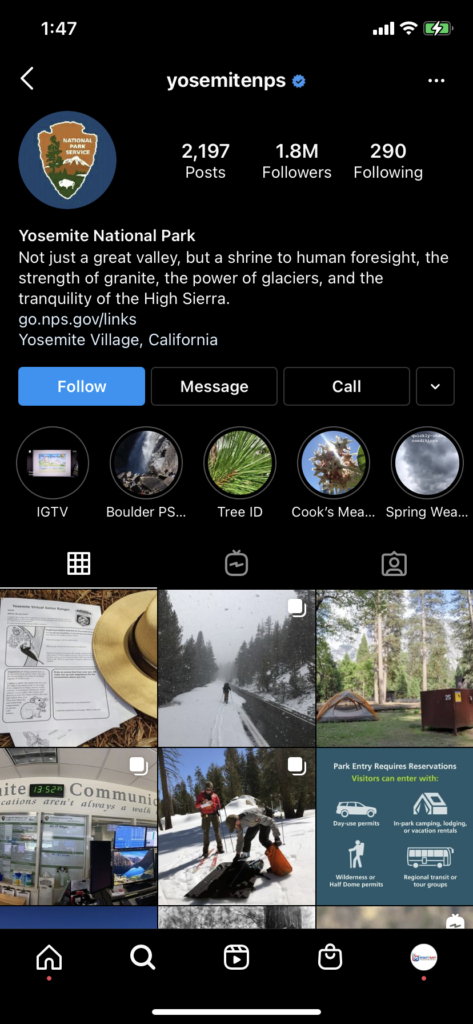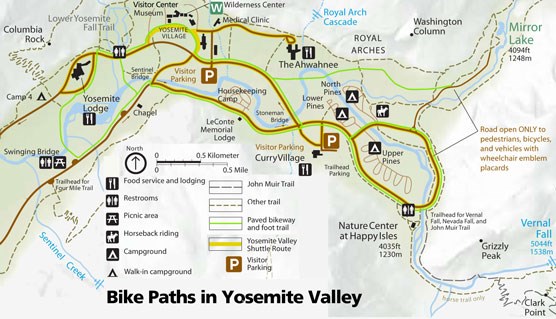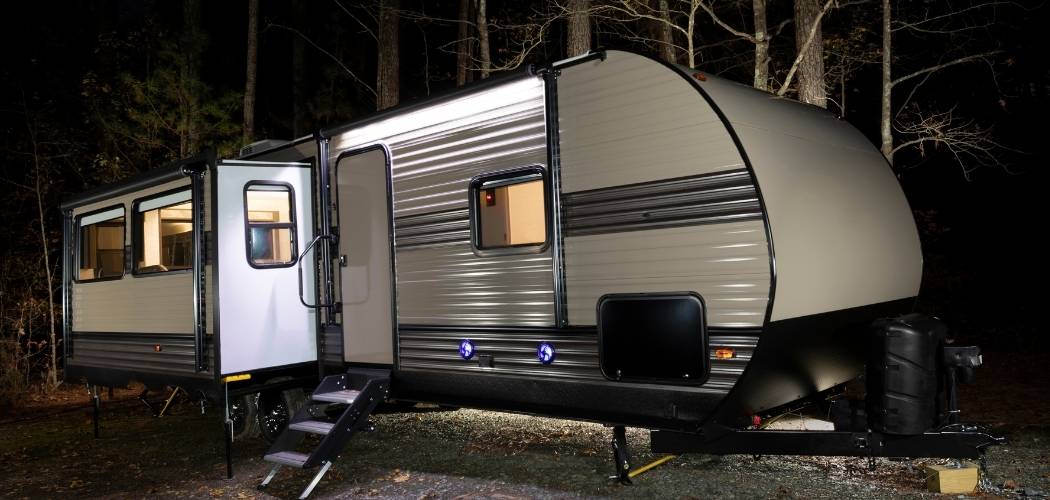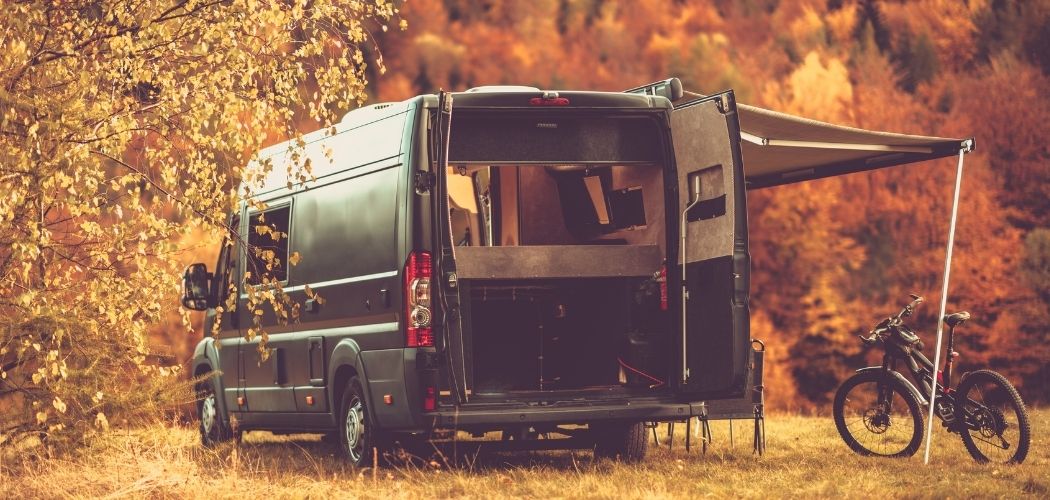Finding the perfect campsite can be a difficult process. There are so many different factors to consider and it’s often hard to find the time for research in between work, family, and other commitments. That’s why we’ve compiled this list of top tips that will help you find a great campsite!
What Makes A Great Campground? A great campsite is one that accommodates your camping goals, whether you’re looking for serenity, adventure, or just a good place to rest at the end of the day. However, always keep in mind that not all campgrounds are appropriate for every camper.
It’s also important to note that different people have different needs and preferences when it comes to their camping experience. Whether you’re a solo camper or have an entire family with you, we’ve got some great campsite ideas for both!
What is the difference between a campground and a campsite?
Many people use the terms interchangeably but there are some subtle differences in meaning.
A campground is typically the plot of land divided into many campsites. Within it. it can be divided further into RV and tent sites. It could have facilities such as restrooms (vault or flush), showers (free or coin-operated), laundry facilities, a swimming pool, and a camp store.
A campsite, in general terms, is your parking spot. Each one could have its own amenities like running water, power hookups, and sewer connections for your RV. It may just have a place to set up your tent with a picnic table and fire pit. But they’re not guaranteed to be available on every site.
What should I look for in a campground?
To ensure your best camping trip it is important to find the “perfect” campground. Of course perfect is in the eye of the beholder. So it is necessary to take the following steps:
What’s Your Camping Style
This might seem like a no-brainer, but it is important to know what you want out of your camping experience. Do you prefer fishing and hiking? A remote campsite with limited amenities? Perhaps one that has all the modern conveniences? Close to attractions? Knowing this will help narrow down your search for the perfect campground.
Create Your List
Once you know your style of camping, it is time to make a list of the necessities for your trip. This should include the following:
- Your budget – How much are you willing to spend? This includes travel expenses, the campground cost, and extras.
- Where you want to camp – Heading to a national park, a lake, the mountains, desert, or the ocean?
- The Dates – When are you planning on leaving and returning?
- The length of stay – How long are you planning to stay? Time of year and available campsites will affect your experience.
- Your group size – It is important to know how many people you’ll be with so that the appropriate number of tents, sleeping bags, etc. for everyone’s use.
- Type of camping – Will you be in an RV, tent, trailer, or sleeping under the stars?
- The amenities – Does it have showers and laundry facilities or running water near campsites? How about fire pits, picnic tables, and flat ground for tents?
- Attractions – Are there trails nearby for hiking and biking? Lakes and rivers? Fishing? Historic tours?
Let The Search Begin
The advantage of living in a technological world is the ease of finding information. There are various websites and apps that can help you with your search. With your list in hand from the above step, it is time to scour the internet for the best campground and campsite.
Websites
There are several websites that are dedicated to making reservations at thousands of campgrounds around the US.
Apps with Websites
HipCamp – Think of it as an Airbnb for camping. These are campsites set up on private property and available for use. Sites are available for tent camping, RV users, and some even have trailers already set up for a “glamping” destination.


The Dyrt – Gives you the ability to search for campgrounds, public and private.


Freeroam – “A 501(c)3 non-profit seeking to connect campers with nature in a sustainable way.”


Check Social Media
Do a quick search on social media platforms like Instagram and Facebook. It is a great way to find campgrounds and activities to do during your stay.
The best part is the ability to ask questions directly. Just send them a message.


Check out the reviews of the campground
Read reviews of other campers on sites like Yelp, TripAdvisor, and Google Reviews about their experience there to get a feel for what’s going on at that particular campsite. The word-of-mouth is free and so are the tips!
Read through the campground’s website before booking anything
It’s important to read through the campground’s website before booking anything. The site should have all of the information you need for a great stay, including prices and what is included in your reservation. For instance, if you’re looking for amenities like showers or laundry facilities be sure to check that out as well!
Make sure there are amenities that you want or need at your campsite
Campgrounds can vary wildly from the amenities they offer, so make sure there are amenities that you want or need at your campsite. Clean water? Toilet? Electricity?
If Wi-Fi is a must for work on your vacation then it’s worth paying more to get internet access in those areas (or going somewhere where it will be available). Some offer free Wi-Fi but know that it won’t be as fast as you’d like.
Look into nearby attractions
If you have a large group or are looking for some activities to do during your stay, take the time to look into nearby attractions. Nearby towns and cities may be worth exploring if you’re not interested in staying put while camping.
How to pick the best campsite
After doing all the research above, ask yourself what will make this campground perfect for you? If the campground ticked off the necessities, it is now time to pick the actual campsite.
Most campground websites will have a downloadable map. On the reservation sites, this map will be interactive. Take note of the facilities and amenities and their proximity to the camping spots you are interested in.
Some things to consider when picking a campsite:
- Close to a water source – Is there a water hookup (for RV camping) or a freshwater spigot to fill bottles? Is there a river or lake nearby for fishing or gathering water (if allowed)?
- On higher ground – Is the site higher than others? Or are they all on the same level? This can be a safety issue in the event of rain.
- Flat and smooth – Having a level area free of debris makes setting up camp a little easier and alleviates issues of sleeping on uneven ground.
- Look for shade – One of the best camping options is finding a site with shade. Most often a campsite’s description will say if it has full or partial shade. This is a must for tent campers.
Book The Reservation
Once all your research has been done, you have probably narrowed your search to a couple of different campgrounds. It could be one of the RV parks, the state parks, or within the national parks, but the choice has been made. It is time to book the reservation.
It is advised to book your reservation six months in advance. The more popular campgrounds usually near the national parks can fill up fast. Also, it is a good practice to make reservations where there is a slight fee or no fee to cancel the booking.
Life happens and trips sometimes need to be canceled or changed.
TIP: If you get a chance to visit a campground in person, especially if it one you wish to stay in, do it. It is a great way to see if it is a good fit for you. Often there will be other campgrounds near where you are staying. Take some time to visit it, ask for a map, and if you can drive through it.
Jot down campsites that look appealing. Noting if they are close to water, trash, restrooms, hiking trails, and whatever else is on your list of must-haves.
This is a great way to expand your choices if you choose to revisit the area again.
Remember: Leave No Trace
Whenever you go camping it is always a great practice to leave no trace. Clean up thoroughly when you leave.
Leave only footprints. Take only memories (and/or pictures).




